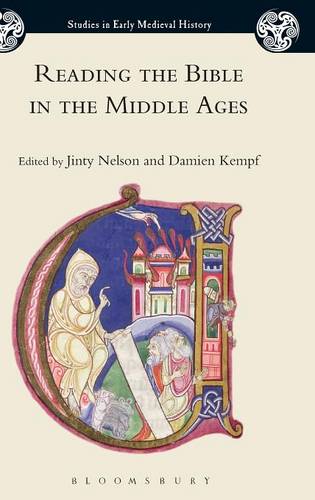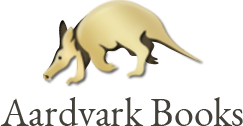
Reading the Bible in the Middle Ages
£70.00 £92.20
1 available
Book Details:
Publisher:Bloomsbury Academic
ISBN:9781474245722
Published Date:24
Full Description
For earlier medieval Christians, the Bible was the book of guidance above all others, and the route to religious knowledge, used for all kinds of practical purposes, from divination to models of government in kingdom or household. This book's focus is on how medieval people accessed Scripture by reading, but also by hearing and memorizing sound-bites from the liturgy, chants and hymns, or sermons explicating Scripture in various vernaculars. Time, place and social class determined access to these varied forms of Scripture. Throughout the earlier medieval period, the Psalms attracted most readers and searchers for meanings. This book's contributors probe readers' motivations, intellectual resources and religious concerns. They ask for whom the readers wrote, where they expected their readers to be located and in what institutional, social and political environments they belonged; why writers chose to write about, or draw on, certain parts of the Bible rather than others, and what real-life contexts or conjunctures inspired them; why the Old Testament so often loomed so large, and how its law-books, its histories, its prophetic books and its poetry were made intelligible to readers, hearers and memorizers. This book's contributors, in raising so many questions, do justice to both uniqueness and diversity.Review
This is an excellent collection of essays demonstrating a wide variety of ways in which medieval people experienced and used Scripture. Particularly welcome is the consideration of audience and of the embedding of exegetical argumentation in wider political and personal aims. -- William T. Flynn, Lecturer in Medieval Latin, University of Leeds, UKUnusually coherent and crisply written, displaying an impressive chronological and geographic range, this volume tell us who read the Bible, why, to what uses readers put it, and what versions they read. These essays will be of keen interest to scholars in many fields. -- Thomas F.X. Noble, Andrew V. Tackes Professor, University of Notre Dame, USA
